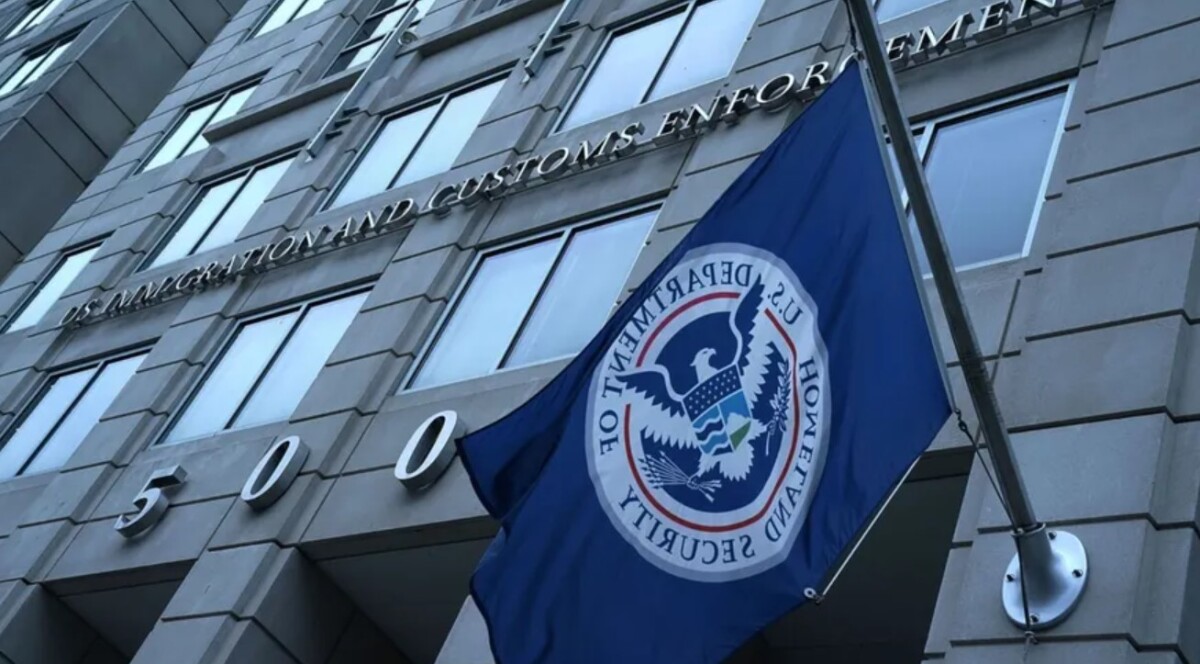


The detention system for immigrants in the United States has reached its limit. 47,600 detainees are currently housed in facilities, according to a senior Immigration and Customs Enforcement (ICE) official. This is more than the 41,500 beds the organization is funded to provide. As arrests rise, the Trump administration is looking for more room.
ICE is expanding its nationwide bed count. In Newark, New Jersey, a correctional facility with 1,000 beds is reopening. Under Trump's second term, Delaney Hall, which was closed in 2017, will be the first new immigration facility. Its proximity to Newark Liberty International Airport facilitates the processing of inmates.
Additionally, ICE collaborates with private incarceration providers. Private prison operator CoreCivic has extended agreements to add 780 beds in Oklahoma, Nevada, and Ohio. A county jail in Mississippi will have an additional 250 beds available.
ICE and GEO Group, another private corporation, agreed to a 15-year deal to reopen Delaney Hall. The transaction has the potential to bring in close to $1 billion.
Meanwhile, the government is looking to military sites in search of more jail capacity. At Cuba's Guantánamo Bay, some migrants are already being detained. There are plans to build more facilities at other military installations, including Fort Bliss in Texas.
ICE has increased arrests since Trump took office again. The agency arrested over 32,800 people between January 20 and March 10. Approximately 27% were not charged with crimes other than immigration infractions. In contrast, during fiscal year 2024, the Biden administration made 113,400 ICE arrests.
Deportations under Trump are still less than those under Biden despite the increase in arrests. Under Biden, a lot of removals were accelerated because of border crossings.
To obtain more funds for extra detention beds, ICE is currently collaborating with lawmakers. According to Tom Homan, Trump's border czar, the administration's mass deportation initiatives will require at least 100,000 beds.
Advocates for immigrant rights are concerned about the growth. The reopening of Delaney Hall is a serious threat to the local immigrant populations, according to Amol Sinha, executive director of the American Civil Liberties Union of New Jersey.
In 2021, New Jersey enacted legislation prohibiting immigration detention in public and private institutions. Legal disputes, however, have prevented enforcement, enabling the reopening of establishments such as Delaney Hall.
ICE has not disclosed the precise date of Delaney Hall's reopening. However, authorities have stated that the reopening is "imminent." Detaining and expelling a significant number of undocumented immigrants is still a priority for the Trump administration.
Arrests and detentions have significantly increased as a result of the Trump administration's stepped-up immigration enforcement actions. The existing burden on detention facilities is exacerbated by this policy change, which seeks to deport record numbers of migrants.
In addition to expanding beds at private detention facilities in Ohio, Nevada, Oklahoma, and Mississippi, ICE is reopening Delaney Hall. Additionally, it intends to exploit military installations like Guantánamo Bay, Cuba, and Fort Bliss in Texas.